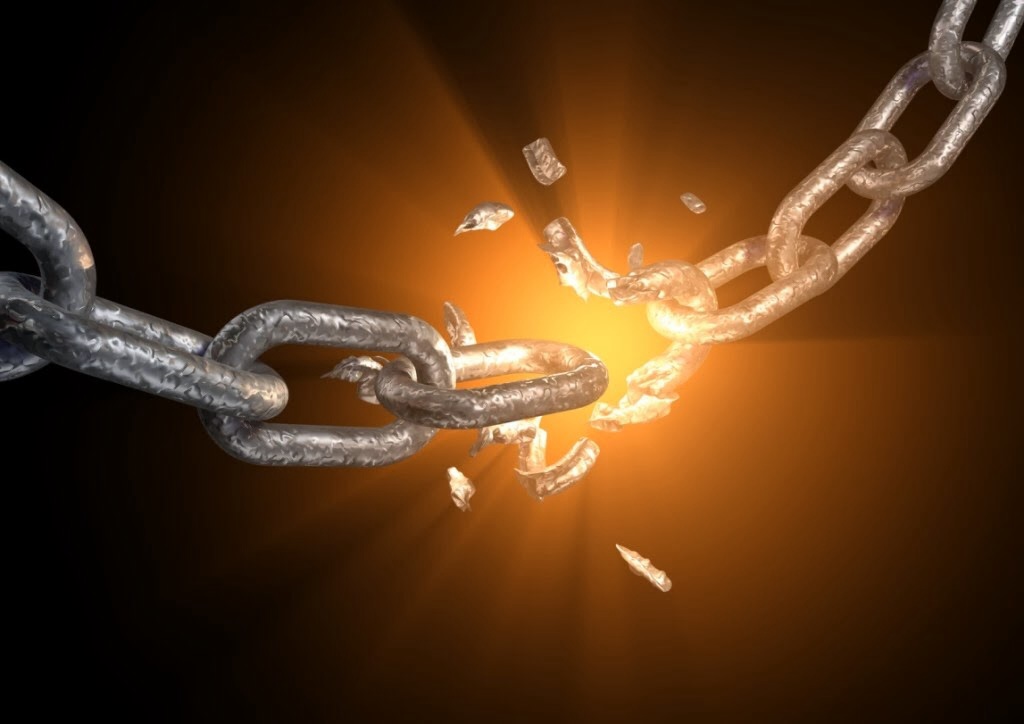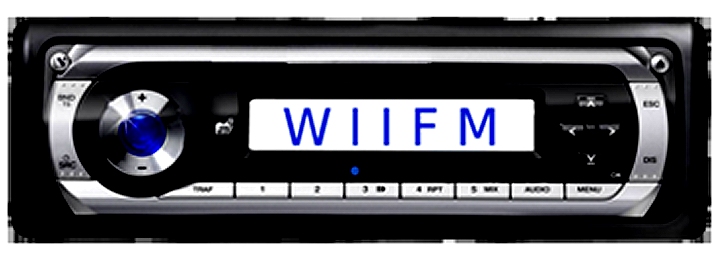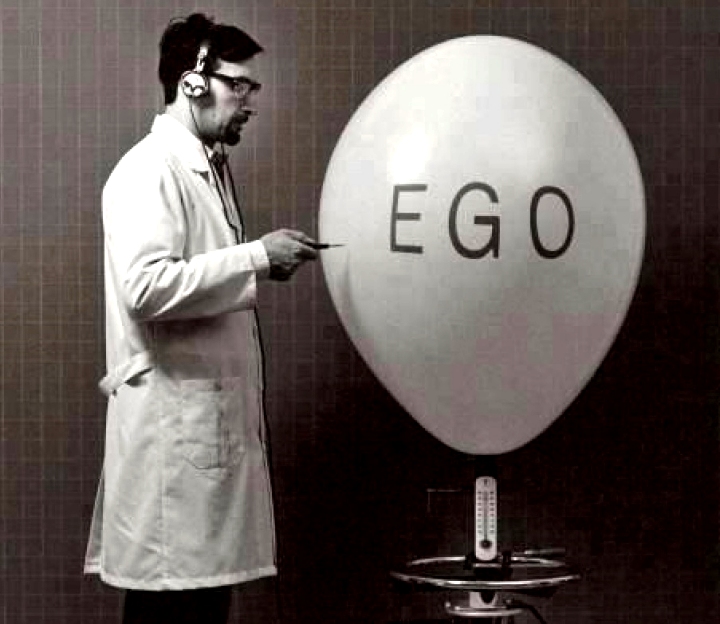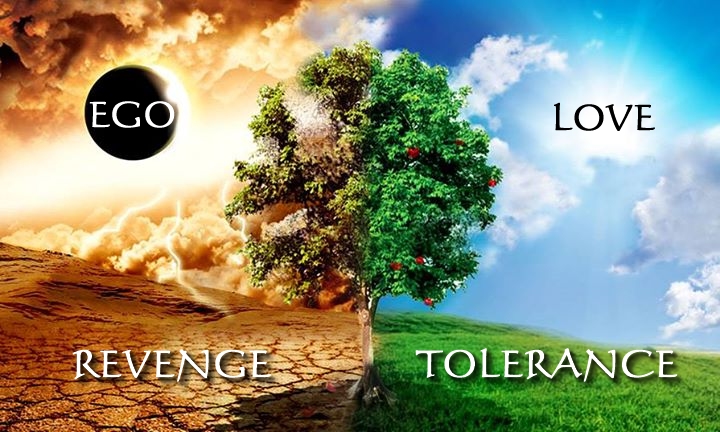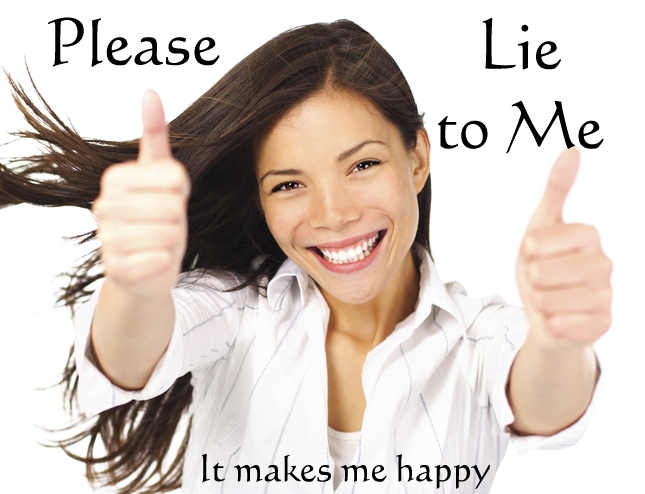When you get upset at someone else, about what they have done, or some injustice you’ve suffered due to people, events or circumstances beyond your control, you actually bequeath to another (whomever you feel the offender is, whether it be another person, organization, government, system or even God) complete control over you.
While it feels as though someone or something outside of yourself has insinuated circumstances which has in effect victimized you in some way, as might be the case in terms of the loss of a job or a loved one, or the diagnosis of a severe illness, it is up to you whether you allow yourself to become a victim, or not.
If you feel bad, allow your feelings to be hurt by someone or something outside yourself, for every moment you allow your thought processes to be distracted by someone or something else due to your emotional state, you are forfeiting control.
Who You Blame is In Control
The object of your mind’s focus (whoever or whatever they are) is indeed in control of you and your emotional state. If you are blaming a circumstance, person, place or thing for things going badly or some injustice which you have suffered, then you are a willing victim to the object of your attention.
Is that what you want?
If someone has wronged you, do you really want that person to continue to further victimize and have control over your life?
In terms of psychopaths, narcissists and those along the Anti-Social Personality Disorder spectrum, they revel in the idea that they are honored by being remembered by you and are constantly in your thoughts. They feed off your negative attention and it empowers them to conduct more discontent in the world, as they continue to further enjoy the fruits of their efforts to drag you down and you continue to sink into depths of despair.
Your discomfort, loss, sadness and depression is their continued reward. They arrogantly acknowledge complete control. They assert their win and your loss as they enjoy every minute of it.
How to Stop Giving Away Control
The key to taking back control of your life is to stop blaming someone or something from causing your current negative emotional state.
If you want control of your life, you need to assert control and the only way to do that is to accept full responsibility for things being as they are.
Stop Blaming
Take Full Responsibility
You must find a way to stop blaming and start taking full responsibility.
A common method of taking responsibility is to accept the fact that your life is a journey, a path you travel which will have many experiences, some good, some bad, all to experience a full range of emotional states and allowing you to gain knowledge and grow as a result of the myriad of experiences you have along the way.
I, on the other hand, enjoy taking it a step further, imagining myself in a far-off place high above the world where we live out our life’s journey. In this place, I selected my parents, the time and place of my birth, the circumstances surrounding my journey as well as the challenges and obstacles that I would face to maximize my experiences throughout the course of m life.
I imagine myself as if I were off-camera (so to speak) hooked up to advanced equipment, enjoying having all the experiences that I have while hooked up to this equipment.
From this perspective, I am much more likely to not take things personally. It’s as though all my life experiences are part of a film I am watching, though I am able to experience all the sensations of my character in this medium.
If this is too far out of a concept for you to wrap your head around, no problem; you need not go that far out in space.
Just find other ways to stop blaming and accept full responsibility for your life. Find ways to release the emotional pain by any ways or means possible and retain the learning from all life events.
